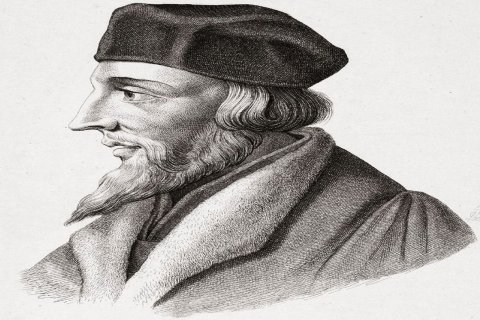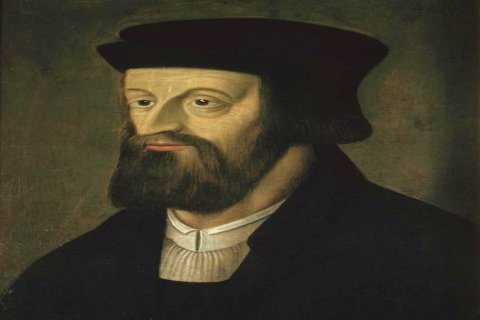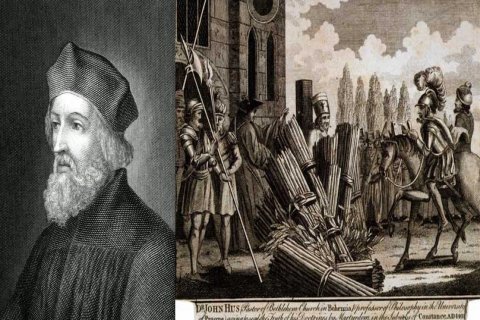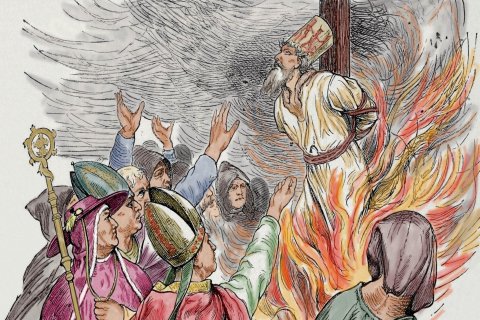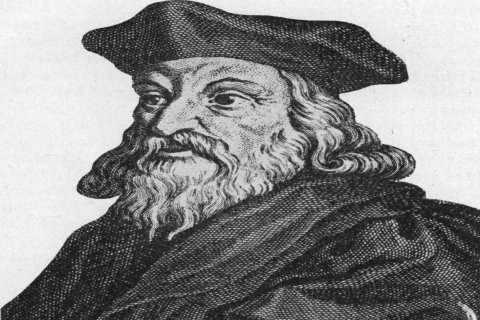Jan Hus
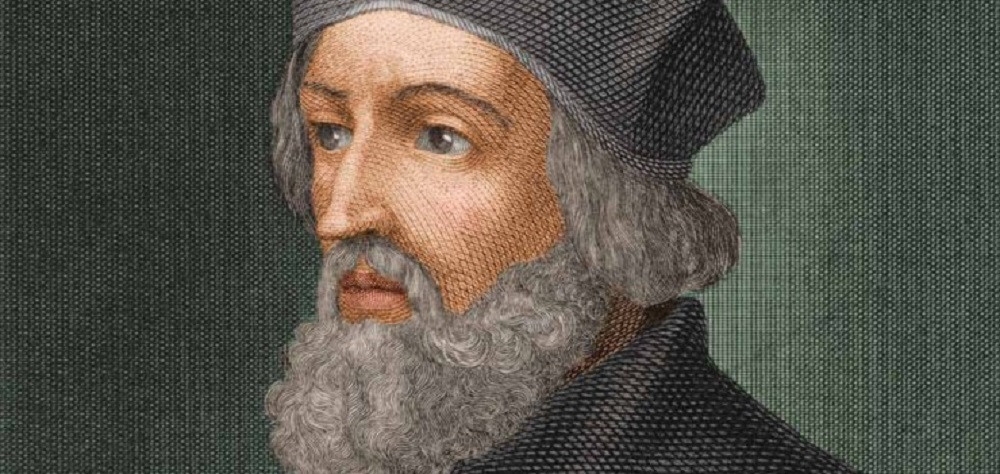
Jan Hus (c. 1369 – July 6, 1415) was a Czech theologian and philosopher who became a key figure in the Bohemian Reformation. He was an influential preacher and writer, and his ideas inspired the development of the Hussite movement, which played a significant role in the Hussite Wars.
Hus was born in Husinec, Kingdom of Bohemia (now Czech Republic). He studied theology at the University of Prague, where he was ordained a priest in 1393. He became a popular preacher and was appointed rector of the university in 1409.
Hus was influenced by the teachings of John Wycliffe, an English theologian who criticized the Catholic Church. Hus argued that the Bible was the sole source of religious authority, and he rejected the authority of the pope and the Catholic hierarchy. He also criticized the sale of indulgences, which were documents that were supposed to remit the temporal punishment for sins.
Hus's teachings led to a conflict with the Catholic Church. He was excommunicated in 1410, and in 1415 he was arrested and put on trial for heresy. He was convicted and burned at the stake on July 6, 1415.
Hus's death sparked the Hussite Wars, which lasted from 1419 to 1434. The Hussites were a group of reformers who were inspired by Hus's teachings. They fought against the Catholic Church and the Holy Roman Empire. The Hussites were eventually defeated, but their movement had a lasting impact on the development of Christianity in Bohemia.
Hus is considered a martyr by many Protestants. His ideas about the authority of the Bible and the importance of individual conscience influenced the development of the Protestant Reformation. He is also considered a national hero in the Czech Republic.
Here are some additional facts about Jan Hus:
- He was a prolific writer. He wrote over 50 books and articles, including De Ecclesia (On the Church) and De Sanguine Christi (On the Blood of Christ).
- He was a skilled orator. His sermons were very popular, and he was able to attract large crowds of people.
- He was a fierce defender of his beliefs. He was willing to risk his life for what he believed in.
- He is considered a martyr by many Protestants. He is remembered as a hero who died for his faith.

